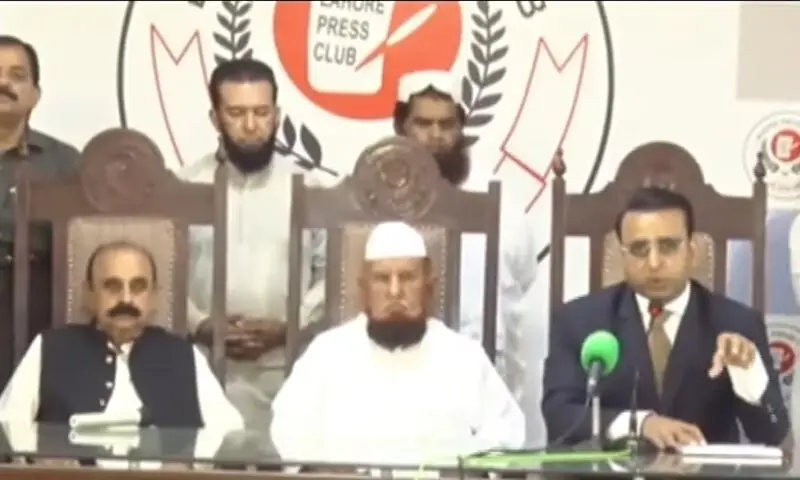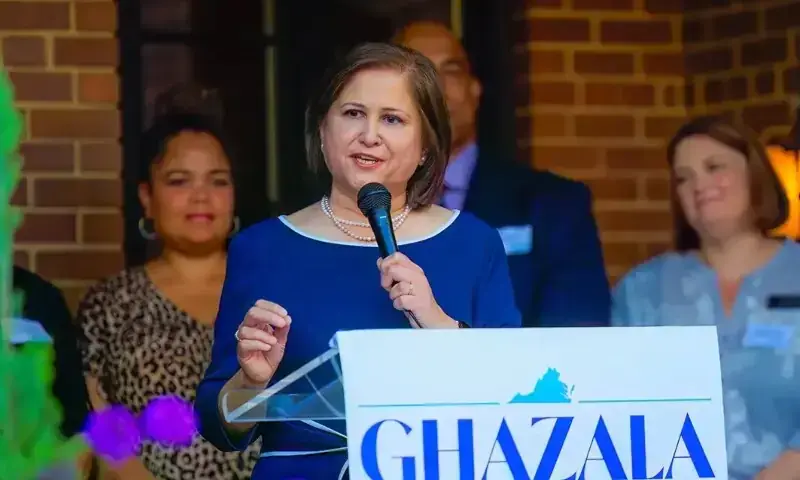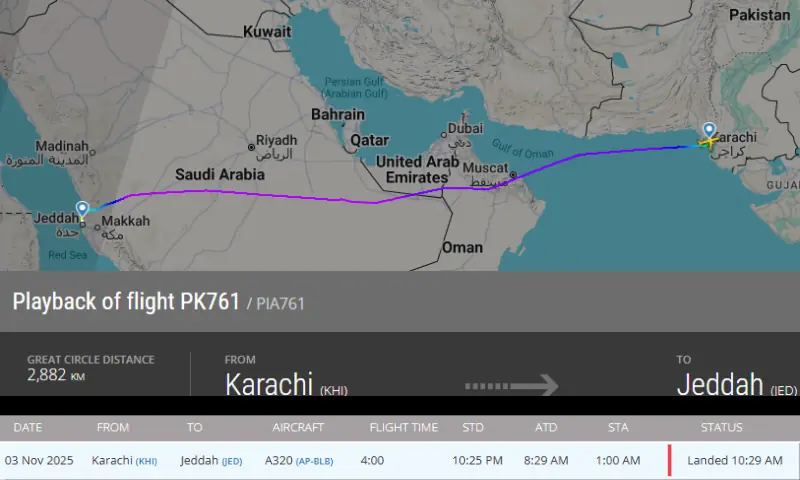Ticket holders and functionaries of Tehreek-i-Labbaik Pakistan (TLP) from Central Punjab and Lahore announced on Tuesday that they were severing ties with the now-banned organisation, stating that they were “supporting the state”.
On Friday, all TLP voters in southern Punjab announced that they had left the party, accusing it of pursuing an anti-state agenda that “aligns with the country’s enemies.”
At a press conference held at the Lahore Press Club today, several TLP ticket holders and officials announced their decision to move away from the religious political group, with lawyer Usman Khizr Mangat saying that one can participate in politics within the state, but not against it.
“Violence and mobs cannot create an impact by attacking the state,” he said. “Pakistan saw these people carrying out attacks. The government tried to start a dialogue, but the demands presented were not accepted.
“The state is like a mother, it tried to negotiate constantly for six or seven days with these people (the TLP) and described the situation of Pakistan and its position in the international community.”
Mangat noted that the riots took place at a time when the country is “on red alert due to India in the east and Afghanistan in the northwest.”
“You saw that buses were being robbed, that there were armed people and that they were hijacking school buses carrying girls. What kind of policy is this?” he questioned.
“Other parties protest under the Constitution and the law; they have the right to freedom of movement and expression, but these rights cannot be exercised at the cost of causing unrest within the state.”
Mangat added that the TLP “always considered itself above the Constitution, the law and the State”, adding that this attitude cannot be tolerated in any case.
“I, Advocate Usman Khizer Mangat, along with these ticket holders and officials of Tehreek-i-Labbaik Pakistan, announce the end of our time with the TLP,” he stated.
“I am here to show my solidarity with the state,” Mangat added. “I support my State under any circumstances; it is my State and my State has been established. If my politics compromise the stability and security of my State, it is better that I do not participate in politics.
“I make it very clear that I am not under any pressure. With my free will, I announce that I am with the State.”








